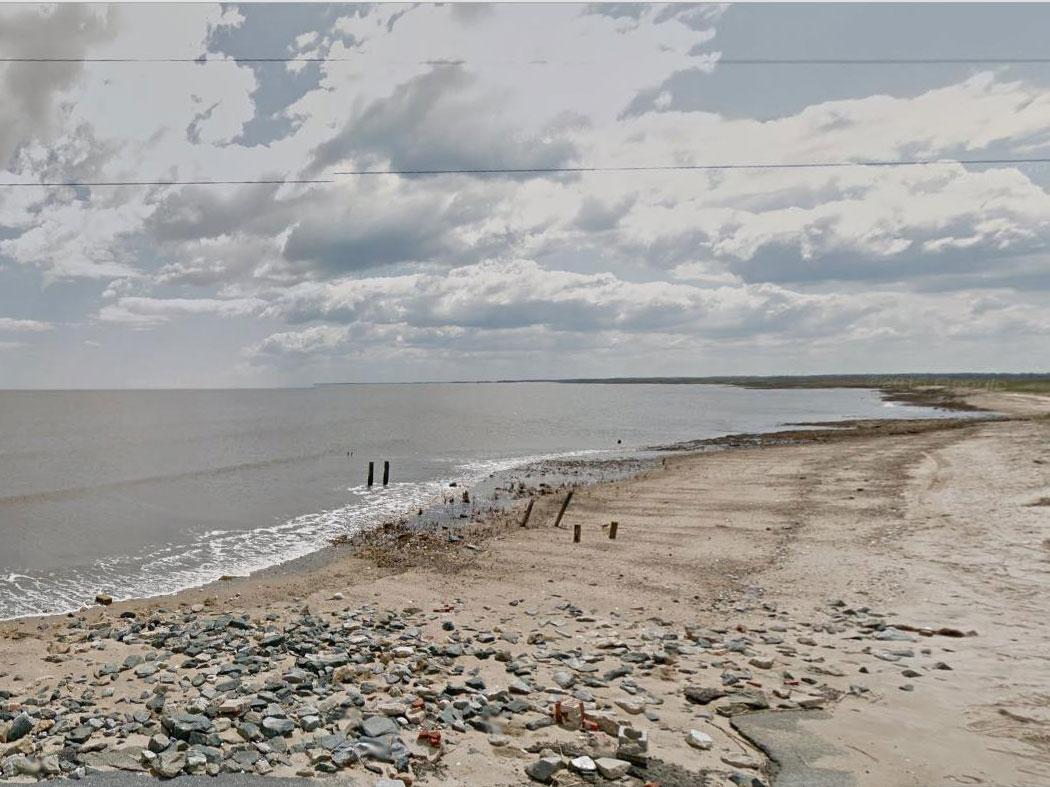Climate change could make beaches saltier
Crabs and other coastal creatures could be affected by increased salinity

Climate change is expected to make beaches get saltier, leading to potentially significant changes for crabs, sea birds and other coastal creatures, according to a new study.
Researchers had expected the subsurface or ‘pore’ water in beaches to be about as salty as the waves washing over it.
However, they discovered that at the high tide mark on a beach in Delaware Bay, average salinity was more than twice the seawater and up to four times higher in places.
It is thought that evaporation is the main reason behind the increased concentration and suggested this could intensify due to climate change.
In the journal Scientific Reports, they said: “An increase in temperature or a decrease in relative humidity – for example, due to climate change – would not only increase the pore-water salinity in the beach, but would also alter its spatial distribution; abrupt salinity increases are expected to occur immediately near the water line.”
The scientists, from New Jersey Institute of Technology (NJIT), tested 400 different samples at different times of the day and night on seven days.
They found the seawater had salt concentrations of 25 grams per litre (g/L), compared to an average of 60 g/L at the high tide mark, with some places as high as 100 g/L.
Dr Xiaolong Geng, a postdoctoral fellow at NJIT and the principal author of the paper, said: “These elevated levels can only be caused by evaporation, as there is no other mechanism for increasing the salt in pore water – the water trapped between the grains of sediment.
Climate change around the world - in pictures
Show all 17“Evaporation is an important driver of underground water flow and salinity gradients, and animals such as mussels and crabs are affected by changes in salinity. If the concentrations are too high or too low, they will move away.”
Dr Michel Boufadel, who also took part in the study, said the changes could also affect freshwater in coastal areas.
“Previous studies have identified seawater as the primary source of salinity in coastal aquifer systems, thereby concluding that seawater infiltration always increases pore-water salinity by seawater-groundwater mixing dynamics,” he said.
“Based on what we learned, we think this finding should alter the way water management in coastal areas is conducted.”
Subscribe to Independent Premium to bookmark this article
Want to bookmark your favourite articles and stories to read or reference later? Start your Independent Premium subscription today.

Join our commenting forum
Join thought-provoking conversations, follow other Independent readers and see their replies